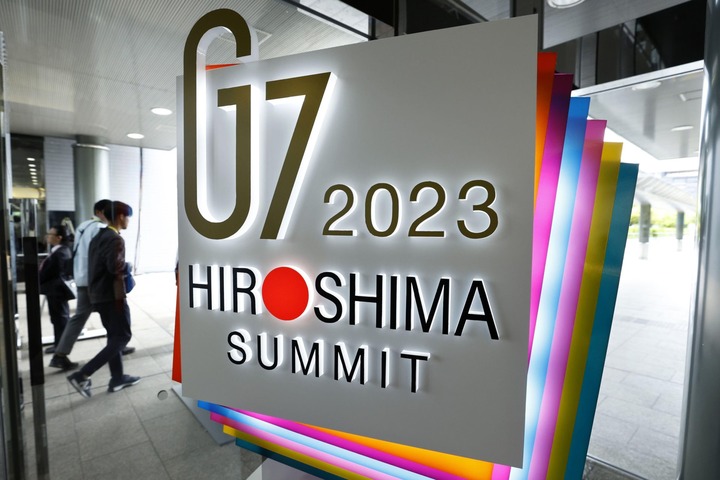G7 leaders expressed worry over the disruptive potential of quickly developing technologies and agreed that governance in the arena of generative AI must adhere to G7 ideals. The nations are scheduled to undertake cabinet-level conversations on the matter as part of what they are referring to as the “Hiroshima Process” and the leaders indicated in an address at the G7 summit on Friday that the outcomes will be presented by the end of the year.

Japanese Prime Minister Fumio Kishida requested cooperation towards a secure, cross-border flow of data and pledged financial support to such an effort in order to ensure that AI research is human-centric and reliable.
The plea for stronger regulation is consistent with those made by business and political leaders around the world after OpenAI’s ChatGPT sparked a race for businesses to build the technology more swiftly.
Also Read: Meta announces AI training and inference chip project
It’s feared that if the developments — which can create writing that is authoritative and human-sounding and make images and videos — go unchecked, they will become a potent instrument for deception and political upheaval. This week, Sam Altman, CEO of OpenAI, and the privacy leader of International Business Machines urged US senators to tighten AI regulations.
World Health Organisation warned this week in a statement that implementing AI too soon carried the danger of causing medical blunders, which might damage people’s confidence in the technology and impede its adoption.
Altman and other individuals have been called to the UK by Prime Minister Rishi Sunak in order to develop a strategy to address both the hazards and advantages of AI.
The European Union is moving towards regulating AI tools by requiring businesses to ensure that users are aware when they are dealing with AI and by outlawing its use for real-time identification of individuals in public. According to Altman, establishing a new regulatory body would help the US preserve its dominance in the industry.
In contrast to strong regulatory legislation like those in the EU, the Japanese government frequently favors regulating AI under laxer guidelines.
Hiroki Habuka, the senior associate at the Wadhwani Centre for AI and Advanced Technologies, said that if there is a serious issue, the government should eventually use hard legislation to enforce its policies. But if the law is very specific, it won’t be able to keep up with technological advancements.
It will be difficult to establish an international standard for generative AI regulation at this time since different values are considered appropriate in society in each of the G7 nations, he said.

I am a law graduate from NLU Lucknow. I have a flair for creative writing and hence in my free time work as a freelance content writer.